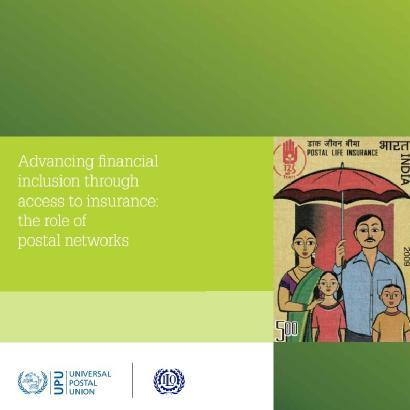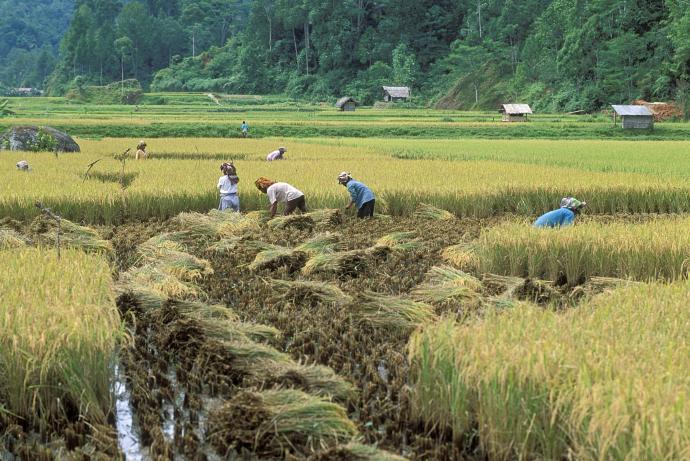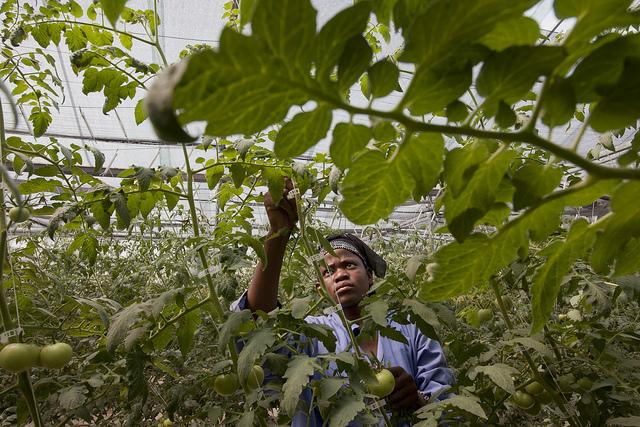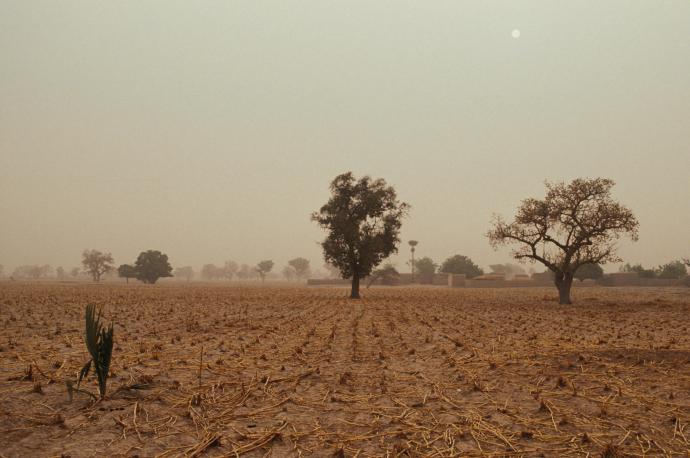Content owner:
Global Index Insurance Facility: Achievements Report (Phase 1: 2010-2015)
Topics:
Global Index Insurance Facility has produced a report that captures the Program’s achievements and on the progress of project implementation during phase one: 2010-2015. These achievements and lessons learned are the result of joint efforts, hard work and commitment with GIIF's implementing partners on the ground as well as generous support from the donors. Prepared collaboratively by the GIIF team across the globe, this report also offers a snapshot of past and future activities, including GIIF’s roles in capacity-building, outreach and communications efforts. Available in English and in




